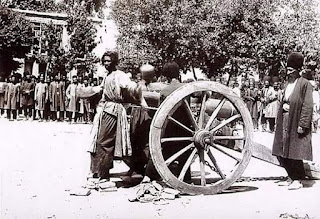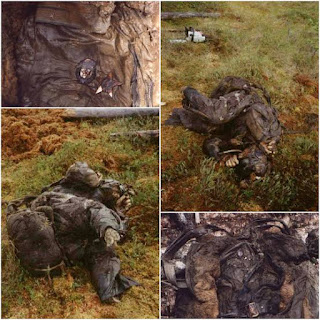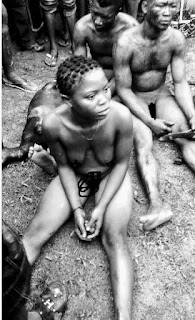Americans React to the Great Depression
Americans React to the Great Depression
The Great Depression began in 1929 when, in a period of ten weeks, stocks on the New York Stock Exchange lost 50 percent of their value.
As stocks continued to fall during the early 1930s, businesses failed, and unemployment rose dramatically. By 1932, one of every four workers was unemployed.
Banks failed and life savings were lost, leaving many Americans destitute. With no job and no savings, thousands of Americans lost their homes.
The poor congregated in cardboard shacks in so-called Hoovervilles on the edges of cities across the nation; hundreds of thousands of the unemployed roamed the country on foot and in boxcars in futile search of jobs. Although few starved, hunger and malnutrition affected many.
In a country with abundant resources, the largest force of skilled labor, and the most productive industry in the world, many found it hard to understand why the depression had occurred and why it could not be resolved.
Moreover, it was difficult for many to understand why people should go hungry in a country possessing huge food surpluses.
Blaming Wall Street speculators, bankers, and the Hoover administration, the rumblings of discontent grew mightily in the early 1930s. By 1932, hunger marches and small riots were common throughout the nation.
In June of 1932, nearly 20,000 World War I veterans from across the country marched on the United States Capitol to request early payment of cash bonuses for their military service that weren't due to be paid until 1945.
The marchers, who the organizers called the "Bonus Expeditionary Force" but who became widely known as the Bonus Army, spent several days in Washington, D.C., pressing their case, but a Congressional bill to pay the bonus was defeated.
On July 28, U.S. troops and tanks commanded by General Douglas MacArthur dispersed the marchers and destroyed their makeshift camps in the city.
However, not all citizens were caught up in the social eruptions. Many were too downtrodden or busy surviving day to day to get involved in public displays of discontent.
Instead, they placed their hope and trust in the federal government, especially after the election of Franklin D. Roosevelt to the presidency in 1932.
To find more documents in Loc.gov related to this topic, use key words such as Great Depression, begging, unemployment, poverty, stock market crash, Bonus Army, and Hoovervilles.


.jpg)


.jpeg)




.jpeg)

Comments
Post a Comment